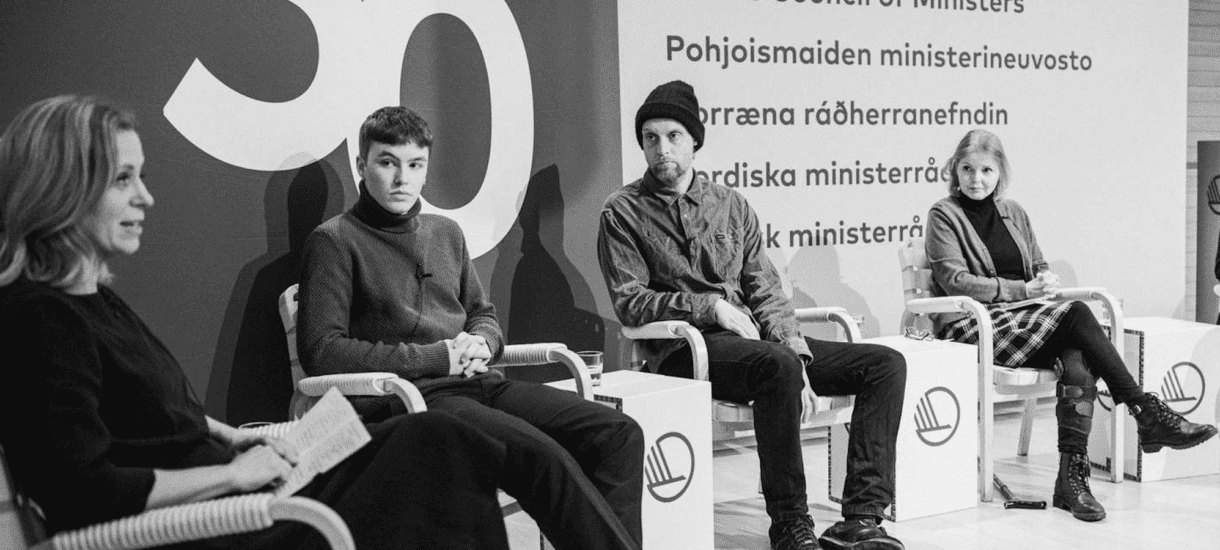Today, the annual meeting on Icelandic foreign policy takes place in the Nordic House. The seminar is a collaboration with the Institute of International Affairs at the University of Iceland and the Icelandic Ministry of Foreign Affairs and its title is: “International cooperation at a crossroad: where is Iceland heading?”
This is a relevant question, and it is clear that international cooperation is at a crossroad after the pandemic that we have experienced in the past year. On the one hand, we are globally closer to each other due to the common experience and the digital platforms that have become part of our everyday lives. On the other hand, we have seen closed borders and stronger nationalistic tendencies.
When we talk about the future, we need to have this conversation with children and young people. They worry. They are not worried about having a bright future.They are worried about not having a future. Today’s young people are informed and smart. For the first time in history, knowledge is not passed on from the older generation to the younger generation, but vice versa. The young people use alternative platforms and media for discussions, but should still be taken seriously. The phenomenon itself is not new – new platforms have always emerged when the conventional ones did not provide space.
We are thus at a crossroad where we must be able to redefine competence and the “know-hows” and see what skills are needed in the future. How can we make room for young people? It is not enough that they are consulted in the processes – they must also be given an active role in the discussions about the big issues and included in the decision-making.
The future is for children and young people, and it is our responsibility to ensure that they do not lose hope.
— Director of the Nordic House, Sabina Westerholm.
Illustration photo by Julie Rowland: Sabina Westerholm in a panel discussion in an earlier event.
